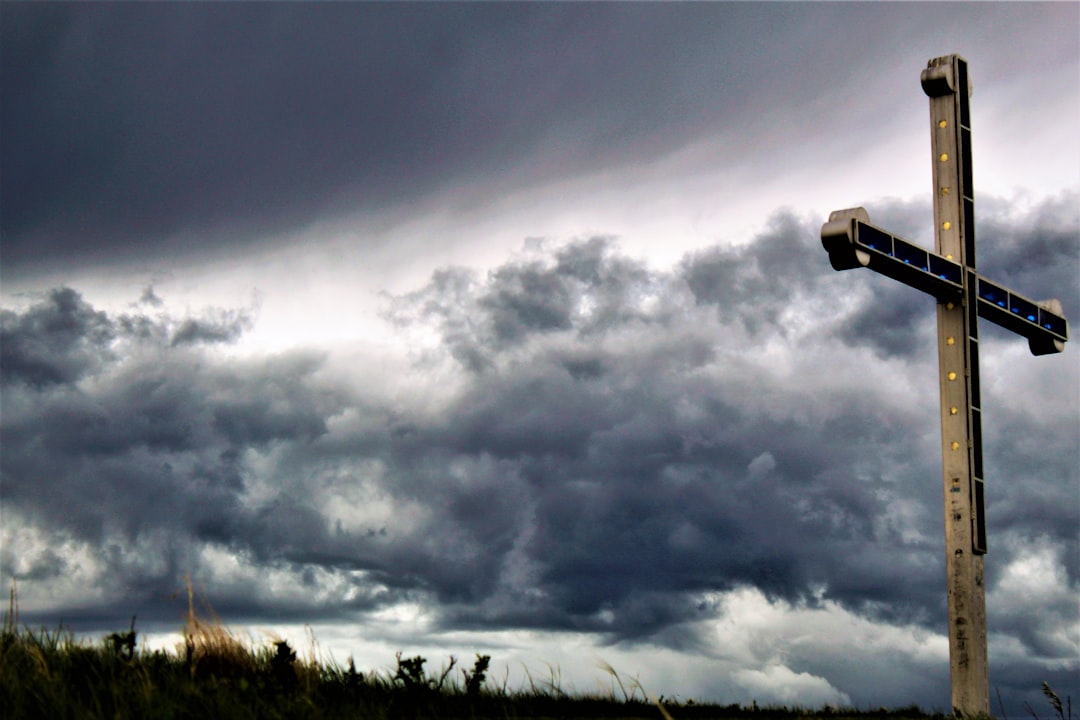What is it about?
This article examines what it means to experience a severe economic crisis through a case study of the 2008 banking and economic collapse in Iceland (part of the global financial crisis [2008-2011]). By accounting for neoliberal policy changes in the mid-2000s and the increase in nationalistic language used by politicians, we analyse the rise of a shared financial dream in Iceland premised on a bright economic future after years of currency fluctuation. The article then uses ethnography (i.e. interviews and observations) to look at how the crisis is remembered and accounted for in everyday life, finding that a sense of unabated anticipation remains among Icelanders about the potential for another economic crisis in the future.
Featured Image

Photo by Étienne Godiard on Unsplash
Why is it important?
With crisis becoming a common condition of our time, one that severely affects individuals and communities economically, socially and politically, this research contributes to the "lived experience" of crisis and disaster. It adds weight to the argument that crisis is rarely momentary or fleeting, but affects people emotionally, financially and psychologically. This is often the case for extended periods of time and is due to intense, sudden feelings of insecurity in the present and over what the future might hold. The insights raised in this article are all the more important with covid-19 leading to similar feelings of social, economic and political uncertainty.
Perspectives
Through a cautionary tale of economic boom and bust in Iceland, we hope this article provides insight into crisis experiences for countries the world over, and generates more conversation about how crisis is experienced.
Dr Timothy Heffernan
University of New South Wales
Read the Original
This page is a summary of: Crisis futures: The affects and temporalities of economic collapse in Iceland, History and Anthropology, May 2020, Taylor & Francis,
DOI: 10.1080/02757206.2020.1762589.
You can read the full text:
Resources
Crisis, Migration, and the Cancellation of Anticipated Futures
Individual feelings of the future being 'cancelled' are problematic for migrant and insecure citizens, especially after the 2008 economic crisis and 2014 European border crisis. Yet this sense of cancellation is often a policy or government ploy aimed at powering the sense among the masses that futures once considered a birthright will be reinstated for those disenfranchised by the economic crash.
The Anthropology of the Future
Study of the future is an important new field in anthropology. Building on a philosophical tradition running from Aristotle through Heidegger to Schatzki, this book presents the concept of 'orientations' as a way to study everyday life. It analyses six main orientations - anticipation, expectation, speculation, potentiality, hope, and destiny - which represent different ways in which the future may affect our present. While orientations entail planning towards and imagining the future, they also often involve the collapse or exhaustion of those efforts: moments where hope may turn to apathy, frustrated planning to disillusion, and imagination to fatigue. By examining these orientations at different points, the authors argue for an anthropology that takes fuller account of the teleologies of action. https://doi.org/10.1017/9781108378277
Contributors
The following have contributed to this page










